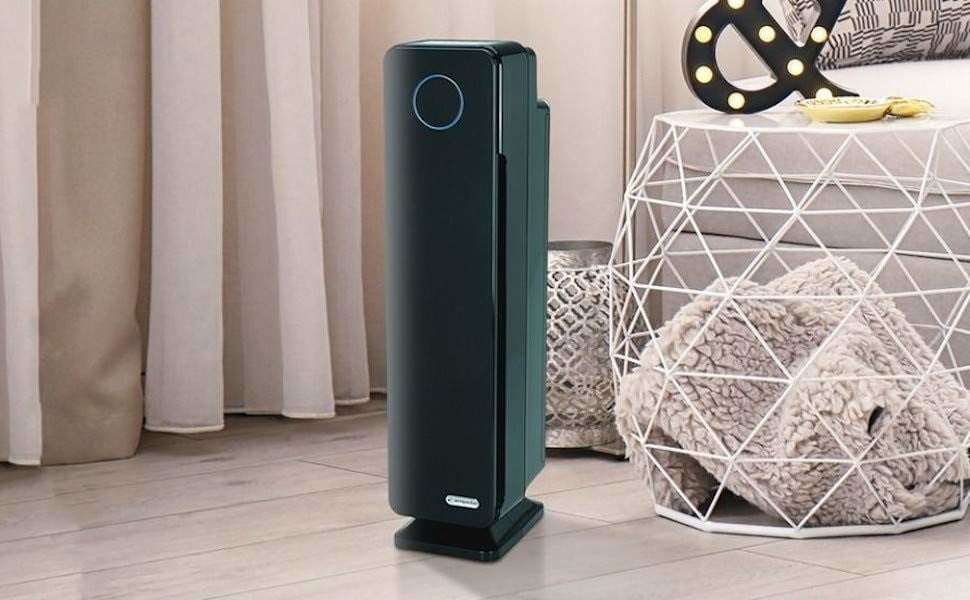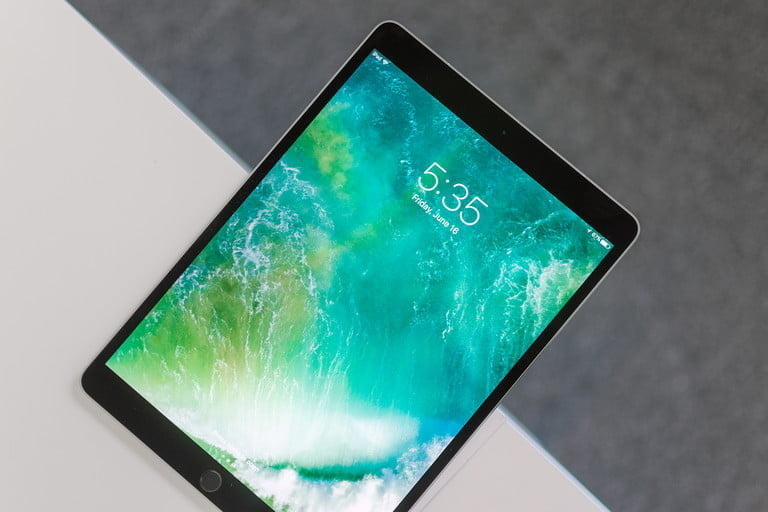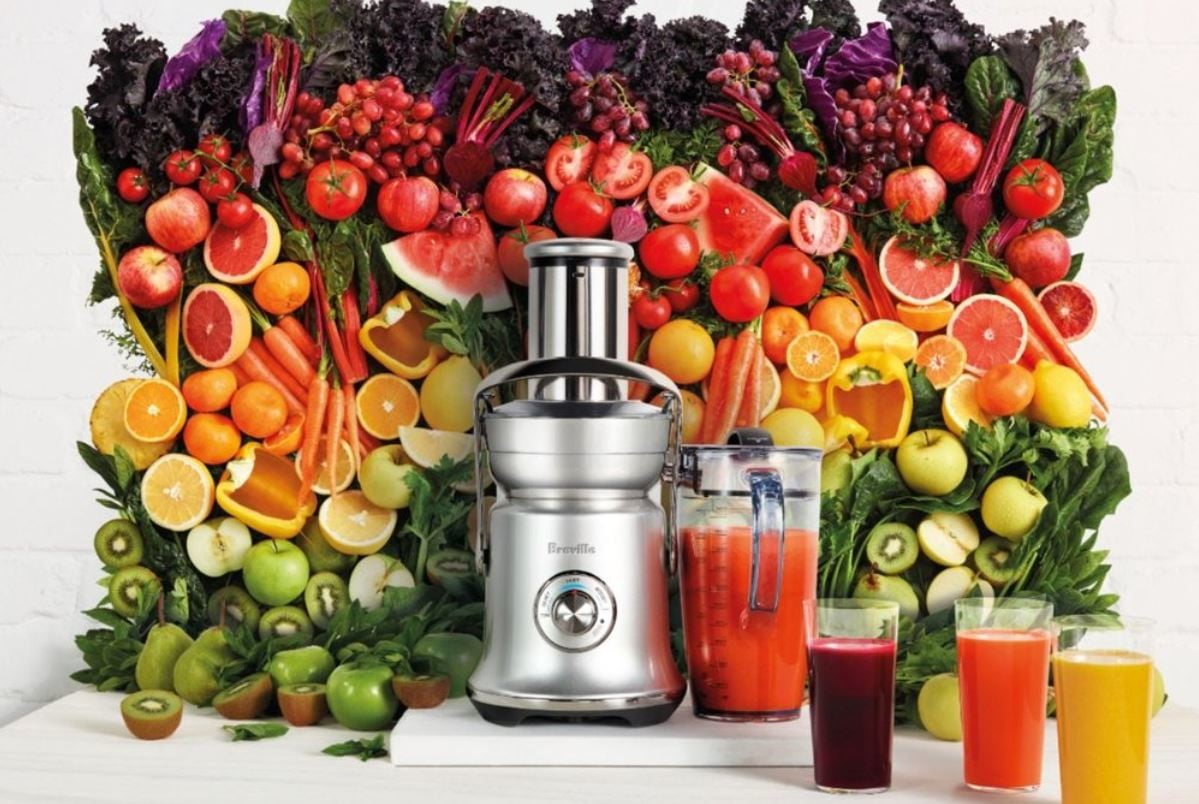Allergy season may grind us down, but air purifiers can help. Some models from Dyson, Honeywell, Winix, and others not only capture fine dust but also function as a cooler and/or heater and reduce odors. Pet dander, fur, mold spores, pollen, and airborne contaminants invisible to the naked eye, such as secondhand smoke, can be the least of your worries. We’ve gathered the best air purifier deals by looking at all major merchants, and the best deals going on right now. You can check out our top picks below!
Today’s best air purifier deals
HEPA vs. PECO filters: What’s the difference?
Most of us are probably familiar with HEPA or high-efficiency particulate air filters. A majority of air purifiers have it and some vacuums as well. These mechanical air filters force air through a very fine mesh fabric to trap impurities that get mixed in the air. To be considered a HEPA filter, it must remove up to 99.97% of particles as little as 0.3 microns from the air. The great thing about HEPA filters is they become more efficient as the air gets dirtier whereas electrostatically charged air filters require more frequent replacements.
PECO or photoelectrochemical oxidation technology, on the other hand, is a kind of filter that does not give allergens, bacteria, or viruses any chance to thrive. Instead of catching these toxins, PECO utilizes light to spark a nano-coated filter and achieve a catalytic oxidation reaction. Basically, organic substances are broken down into tiny harmless molecules. Since PECO filters don’t collect particles, it can clear pollutants that are about 1,000 times smaller than what HEPA filters can. It purifies and disinfects the air without you having to dispose of anything and risk exposure to that handful of dirt.
How to choose an air purifier
There are many factors to consider when choosing an air purifier. Apart from the brand, start with the size of the room in which you will use the device. You may spot some models with the AHAM Verified seal. That sale means the purifier has been independently tested and passed the quality imposed by the Association of Home Appliance Manufacturers. You can also compare the CADR (clean air delivery rate) which refers to the volume of clean air an air purifier can produce at the highest speed setting in relation to the room’s cubic footage. The higher the CADR, the faster and more efficient the air purifier is.
If you or family members have allergies or asthma, you can also look for Asthma and Allergy Foundation of America air purifiers with this certification are guaranteed to reduce allergens in the air in both carpeted and hard floor rooms. Examples of Asthma and Allergy Friendly certified air purifiers include designated Dyson Pure Hot + Cool models, LG PuriCare, 360, and RabbitAir Minus A2 and A3.
Since air purifiers typically run all day, factor in the cost of energy. Look for the Energy Star logo, which guarantees that the air purifier is at least 40% more energy-efficient than typical models. You’ll need to account how much you’re willing to spend on replacement filters or opt to get one with washable filters. Some air purifiers are overly noisy, so check for statements of quiet operation or has night modes.
There are air purifiers with specialized filters that are meant to take on particular pollutants. HEPA filters are common for handling allergens, pet dander, hair, dust mites, and pollen while units with active carbon filters are recommended for removing odors. There are also models that are designed for smoke or for people with multiple chemical sensitivities.
While most air purifiers promise ease of use, some units up the ante with built-in smart features. Ordinary air purifiers operate in one or two ways. Those with continuous air filtering work pretty much like a room fan wherein you’d press your desired speed and it consistently moves air at that rate. Others have modes for automatic air filtering that detect impurities with air quality sensors and adjusts itself accordingly to remove them from the air. Smart air purifiers allow you to track and control the quality of your air. You can also learn exactly what kind of microorganisms have infiltrated your home or office. Some smart air purifiers work in conjunction with smart home systems and devices, such as those that are compatible with Amazon Alexa.
The best air purifier is simply one that best suits your needs. Supplementary features such as noise, portability, touch programs with LED indicators, timer, remote, or smart functions are secondary to room size and the appropriate filtration system. Air purifiers can improve indoor air quality by eliminating allergens that are floating in the air. Heavier particles that fall to the ground quicker may or may not be captured in time.
Looking for more ways to upgrade your clean? Check out what we have on robot vacuums for your dust-ridden floors, steam cleaners, smart home hubs, and more on our curated deals page.


